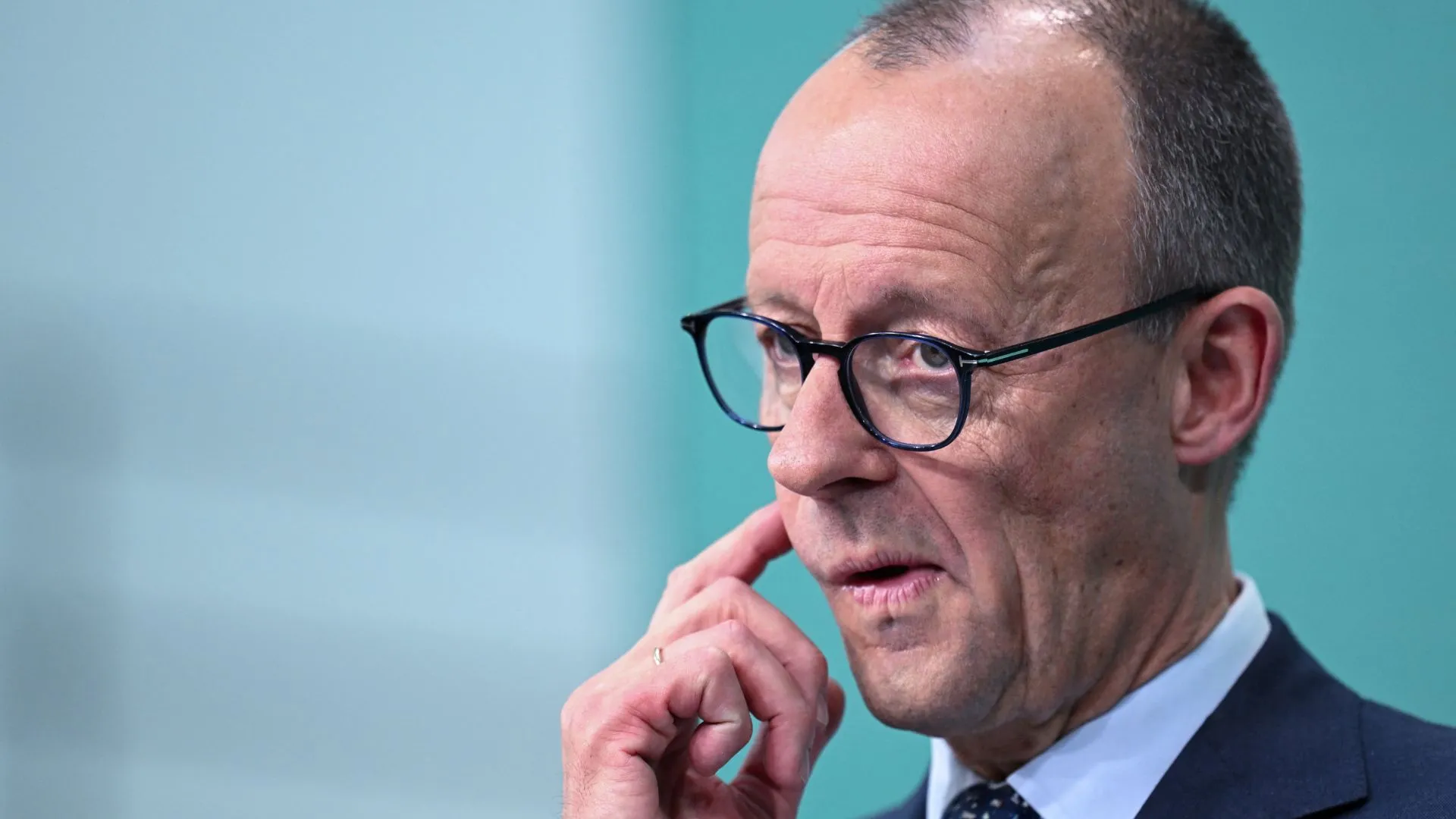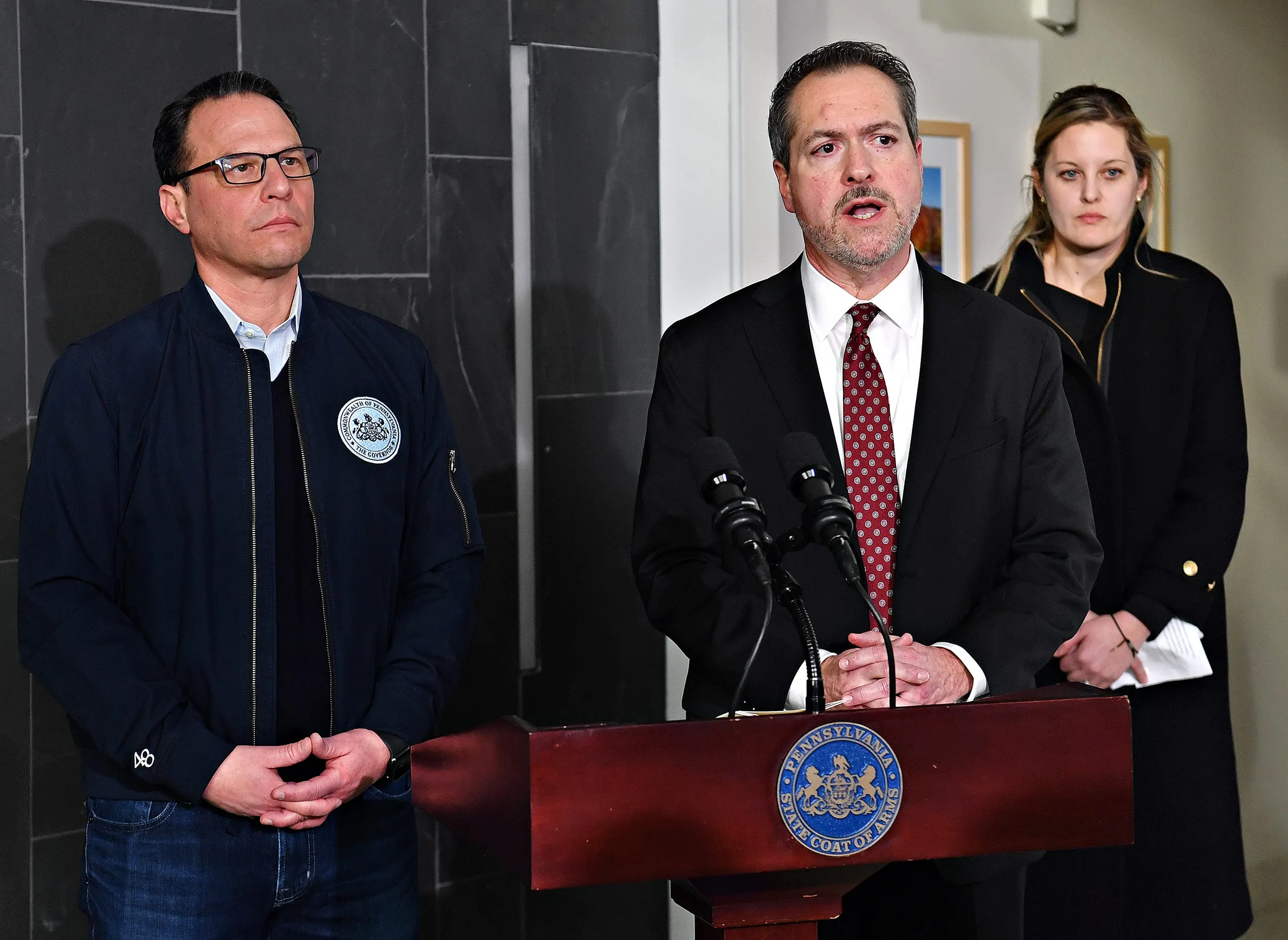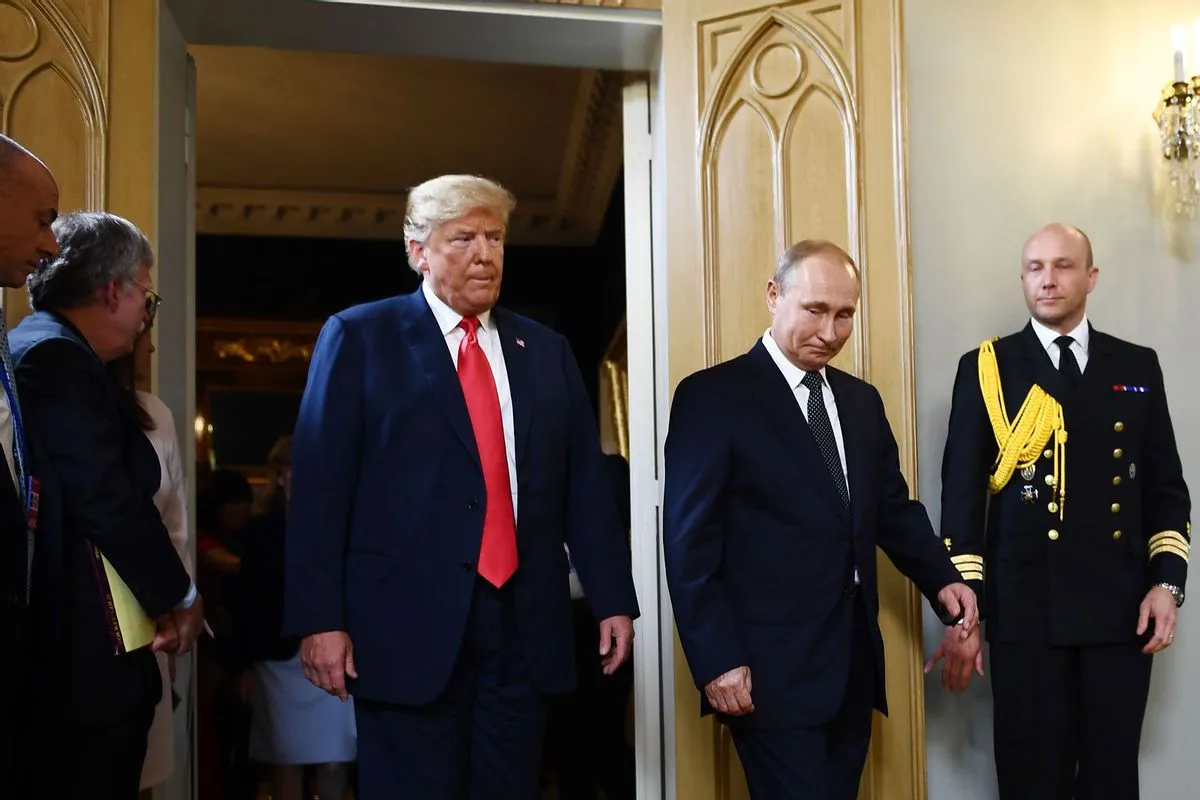Friedrich Merz’s Victory: A Turning Point for Germany and Europe?
Friedrich Merz, the newly elected leader of the Christian Democratic Union (CDU), has emerged victorious in the recent German national elections, marking a significant shift in the country’s political landscape. Although the CDU secured less than 30% of the vote, this was enough to form a coalition government, signaling a notable change after the collapse of the previous “traffic light” coalition that included the Social Democrats and the Greens. This victory not only reshapes Germany’s internal politics but may also have profound implications for Europe as a whole.
The election results reflect a growing trend toward conservative politics across Europe. Voter turnout was impressively high at 82.5%, indicating strong public engagement and concern over pressing national issues. Merz’s victory comes at a time when the far-right Alternative for Germany (AfD) party has achieved record results, now standing as the second-largest party in the Bundestag. This rise complicates the political landscape, as other parties have ruled out forming coalitions with the AfD, creating potential challenges for Merz’s government.
In his victory speech, Merz emphasized the need for Europe to achieve greater independence from the United States, particularly in defense and foreign policy. He warned that Europe is at a critical juncture, stating, “It is five to midnight for the continent’s security and stability.” This statement underscores his administration’s commitment to reshaping Germany’s role in international relations, especially concerning NATO and relations with Russia. Analysts suggest that Merz’s leadership may lead to a more hawkish stance on China and Russia, reflecting a significant shift in Germany’s foreign policy priorities.
Merz’s plans for his administration include a potential overhaul of Germany’s energy policy, with a more favorable view towards nuclear energy compared to his predecessor. He aims to boost Germany’s defense spending and capabilities, aligning with NATO’s expectations amid rising global tensions. Furthermore, Merz’s government is likely to focus on economic reforms to address Germany’s recession and the challenges facing its automotive sector. His manifesto promises to streamline bureaucracy and support digital transformation, enhancing Germany’s competitiveness in a rapidly evolving global market.
As coalition talks are expected to begin immediately, Merz faces the challenge of solidifying his government while addressing pressing issues facing both Germany and Europe. The rise of the AfD and the complexities of forming a stable coalition may require Merz to navigate a delicate political landscape. His administration’s ability to unite various factions and implement effective policies will be crucial in determining Germany’s future direction.
International leaders, including those from the UK and France, have expressed eagerness to work with Merz, signaling potential shifts in European alliances. This eagerness reflects a recognition of Germany’s pivotal role in European politics and the need for collaborative efforts to address shared challenges. As Merz’s government takes shape, the implications of his policies and governance style will likely resonate beyond Germany’s borders, influencing political dynamics across the continent.
In conclusion, Friedrich Merz’s victory in the German elections represents a turning point not only for Germany but also for Europe. His leadership may lead to significant changes in EU policy, particularly regarding defense capabilities and immigration strategies. As the political landscape evolves, the outcome of this election may reshape the future of European politics, with other countries observing the implications of Merz’s approach. The next steps taken by Merz and his coalition will be critical in determining how Germany navigates the complexities of both domestic and international challenges in the years to come.






Leave a Comment